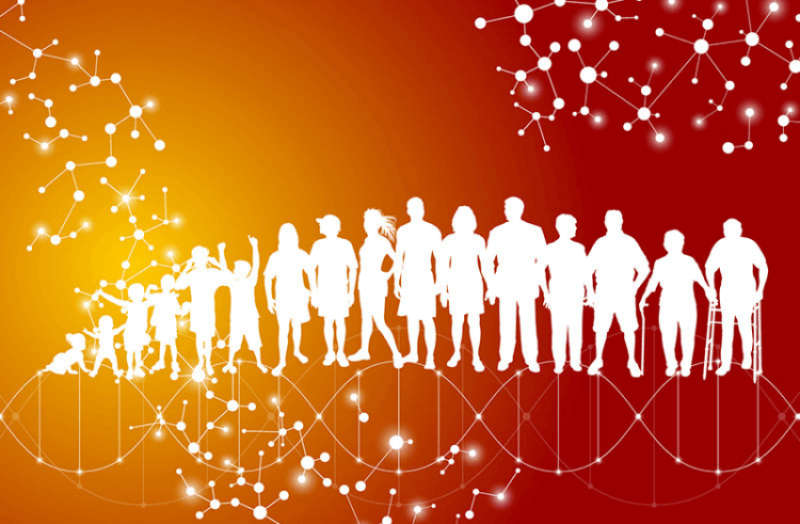By using artificial intelligence to analyze data from a wide variety of tissues – collected from humans, mice, rats, and killifish – a team of researchers from Northwestern University has discovered a previously unknown mechanism that drives aging processes. The experts found that the length of genes can explain most changes at the molecular level that occur during aging.
More specifically, longer genes – which have more nucleotides that translate to amino acids subsequently forming larger proteins – were linked to longer lifespans, while a larger abundance of shorter genes was associated to shorter lifespans. Thus, the process of aging seems to be related to a shift in activity toward shorter genes that causes gene activity in cells to become unbalanced.
The scientists were surprised to find that this phenomenon was nearly universal, spanning several animal species – including humans – and a large variety of tissues from blood, muscle, bones, and organs such as the liver, the heart, the intestines, the brain, and the lungs.
“The imbalance of genes causes aging because cells and organisms work to remain balanced — what physicians denote as homeostasis,” added senior author Luís A.N. Amaral, a professor of Chemical and Biological Engineering at the same university.
































